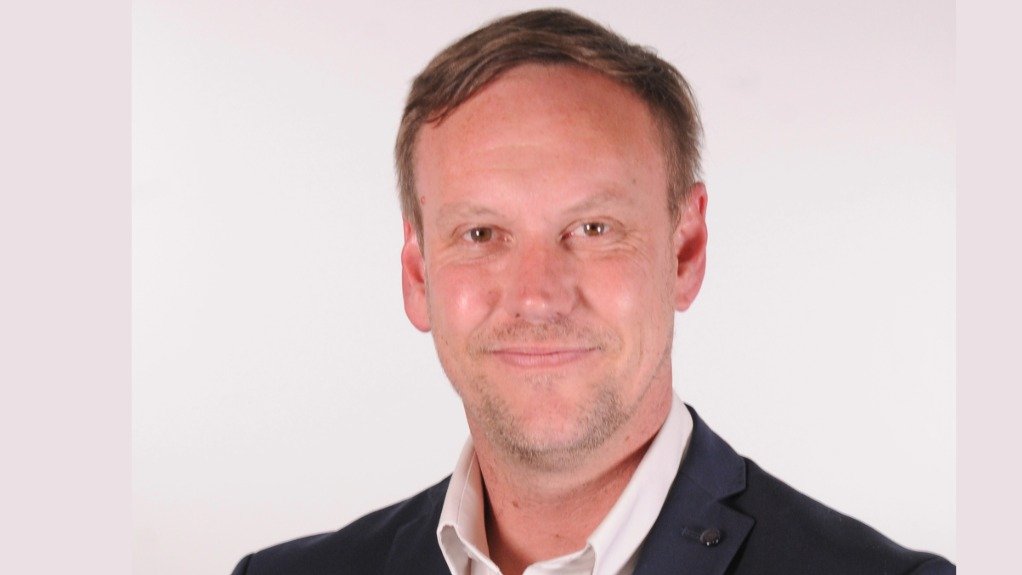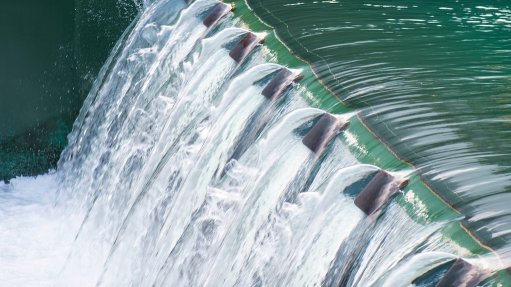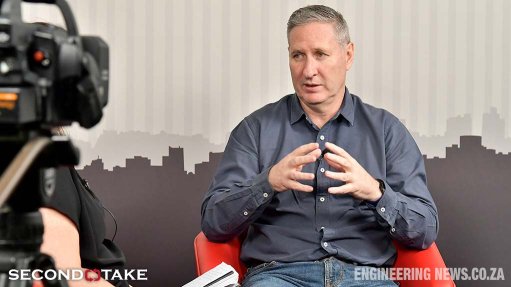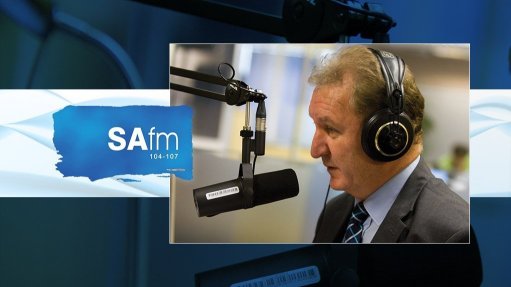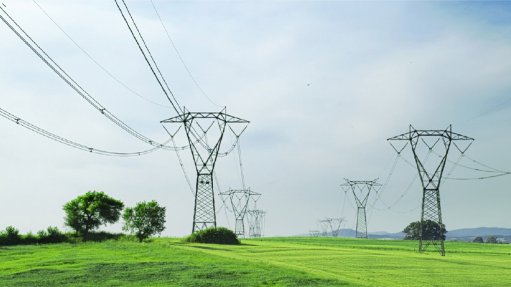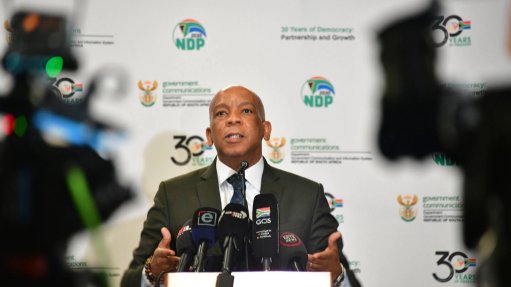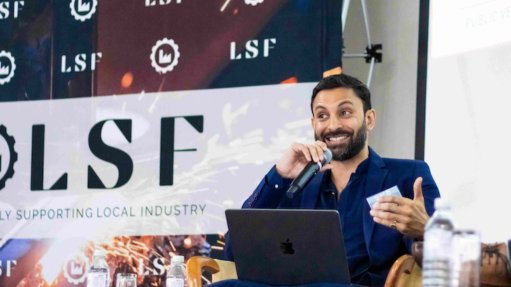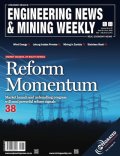Building financial bridges to empower Kasi businesses
This article has been supplied and will be available for a limited time only on this website.
By: Ryan Pearce - head of sales at Altron FinTech
Kasipreneurship – otherwise known as Kasi businesses – represents a vital yet virtually untapped economy across South Africa's townships, where cash remains king and small businesses are excluded from formal financial inclusion due to traditional and outdated views of this sector.
This needs to change
As a country, we must bring more people into the formal economy so they can unlock finance to expand their businesses and make their voices heard through formal platforms such as business chambers.
Kasipreneurship is the locally coined term representing South Africa's informal market, comprising businesses such as Stokvels, Spaza shops, hair salons, amaroom (room rental income), and various other small and large Kasi enterprises.
Expansion of Kasipreneurship enables economic and job growth. These businesses are likely not counted among the small and medium enterprises that are recognised as the heartbeat of the economy, employing between 50% and 60% of all South Africans. This undervalues their contribution to employment and economic activity.
This is why Kasipreneurship-centric solutions are being developed to enable this informal sector to thrive, grow, and contribute even more to the economic growth and development desperately needed given our high unemployment rate.
The education and exploitation challenge
About half of informal business owners across all provinces have not completed matric, according to Statistics South Africa. This places them in the precarious position of lacking financial education, leaving them at the mercy of loan sharks – the so-called Mashonisas – with prohibitive interest rates and dubious business practices when Kasi entrepreneurs wish to borrow money to expand.
Financial inclusion isn't just about access to banks and credit – it's about ensuring people have safe, affordable alternatives to exploitative lending practices that trap business owners in cycles of debt.
The scale of the hidden economy
According to GG Alcock, an expert in Kasi businesses, an estimated R750 billion each year is transacted throughout South Africa's informal market – a vast percentage of the annual economy that flies under the radar and remains excluded from financial indicators.
This sector is largely unseen by the South African Revenue Service, limiting government's ability to assess potential tax revenue and better plan for socio-economic development such as expanding access to education, healthcare, policing, and other socio-economic necessities.
Statistics South Africa's latest data indicates that 1.9 million South Africans ran non-VAT registered businesses in 2023, up from 1.5 million a decade earlier. Both figures are probably understatements.
The digital imperative
There is an urgent need to move such businesses to technology-based systems. The South African Reserve Bank is working towards a fully digital payment ecosystem by 2030, aiming to provide affordable, fast, safe, and reliable payment options for all. This promotes innovation and ensures a fair financial system accessible to everyone – not just a privileged few.
This is why solutions are being developed with speed to address real needs experienced by Spaza shops, fast food outlets, salons, taverns, auto repair shops, Stokvels, and particularly amaroom operators.
Understanding real needs
To ensure actual problems are solved, there must first be understanding of what is happening on the ground. There is no better approach than engaging directly with the very people who buy products and services from Kasipreneurship beacons through hiring them to conduct field work.
Feedback from research teams working within these communities, such as those operating in Soweto who survey the landscape from the perspective of living there and being Kasipreneurship customers, shows that inclusive and digital-first payment solutions are the way forward.
However, this requires a 360-degree view that goes beyond simply accepting card payments in the few outlets where point-of-sale (PoS) devices are available.
Full digital integration
Complete digital inclusion into the formal economy must include debit and credit solutions, point-of-sale (PoS) machines, and debit order (DebiCheck) options – enabling more payment choices while indirectly encouraging Kasi customers to embrace the formal economy with all its advantages.
Through such indirect and circular benefits, more people can be encouraged to go digital and receive their salaries into bank accounts, reducing the possibility of robbery – a real concern in cash-dependent communities.
The path forward
This is not a science fiction scenario – it's something that can be made possible now. Bringing millions of people into the formal economy delivers a multitude of benefits across the spectrum and helps meet government's vision of an equal payment system that leaves no one behind.
True equality, driven by what those in Kasi communities actually want.
The time has come to recognise Kasipreneurship not as an informal afterthought, but as the economic powerhouse it already is – one that deserves formal recognition, support, and inclusion in South Africa's financial future.
Comments
Press Office
Announcements
What's On
Subscribe to improve your user experience...
Option 1 (equivalent of R125 a month):
Receive a weekly copy of Creamer Media's Engineering News & Mining Weekly magazine
(print copy for those in South Africa and e-magazine for those outside of South Africa)
Receive daily email newsletters
Access to full search results
Access archive of magazine back copies
Access to Projects in Progress
Access to ONE Research Report of your choice in PDF format
Option 2 (equivalent of R375 a month):
All benefits from Option 1
PLUS
Access to Creamer Media's Research Channel Africa for ALL Research Reports, in PDF format, on various industrial and mining sectors
including Electricity; Water; Energy Transition; Hydrogen; Roads, Rail and Ports; Coal; Gold; Platinum; Battery Metals; etc.
Already a subscriber?
Forgotten your password?
Receive weekly copy of Creamer Media's Engineering News & Mining Weekly magazine (print copy for those in South Africa and e-magazine for those outside of South Africa)
➕
Recieve daily email newsletters
➕
Access to full search results
➕
Access archive of magazine back copies
➕
Access to Projects in Progress
➕
Access to ONE Research Report of your choice in PDF format
RESEARCH CHANNEL AFRICA
R4500 (equivalent of R375 a month)
SUBSCRIBEAll benefits from Option 1
➕
Access to Creamer Media's Research Channel Africa for ALL Research Reports on various industrial and mining sectors, in PDF format, including on:
Electricity
➕
Water
➕
Energy Transition
➕
Hydrogen
➕
Roads, Rail and Ports
➕
Coal
➕
Gold
➕
Platinum
➕
Battery Metals
➕
etc.
Receive all benefits from Option 1 or Option 2 delivered to numerous people at your company
➕
Multiple User names and Passwords for simultaneous log-ins
➕
Intranet integration access to all in your organisation



